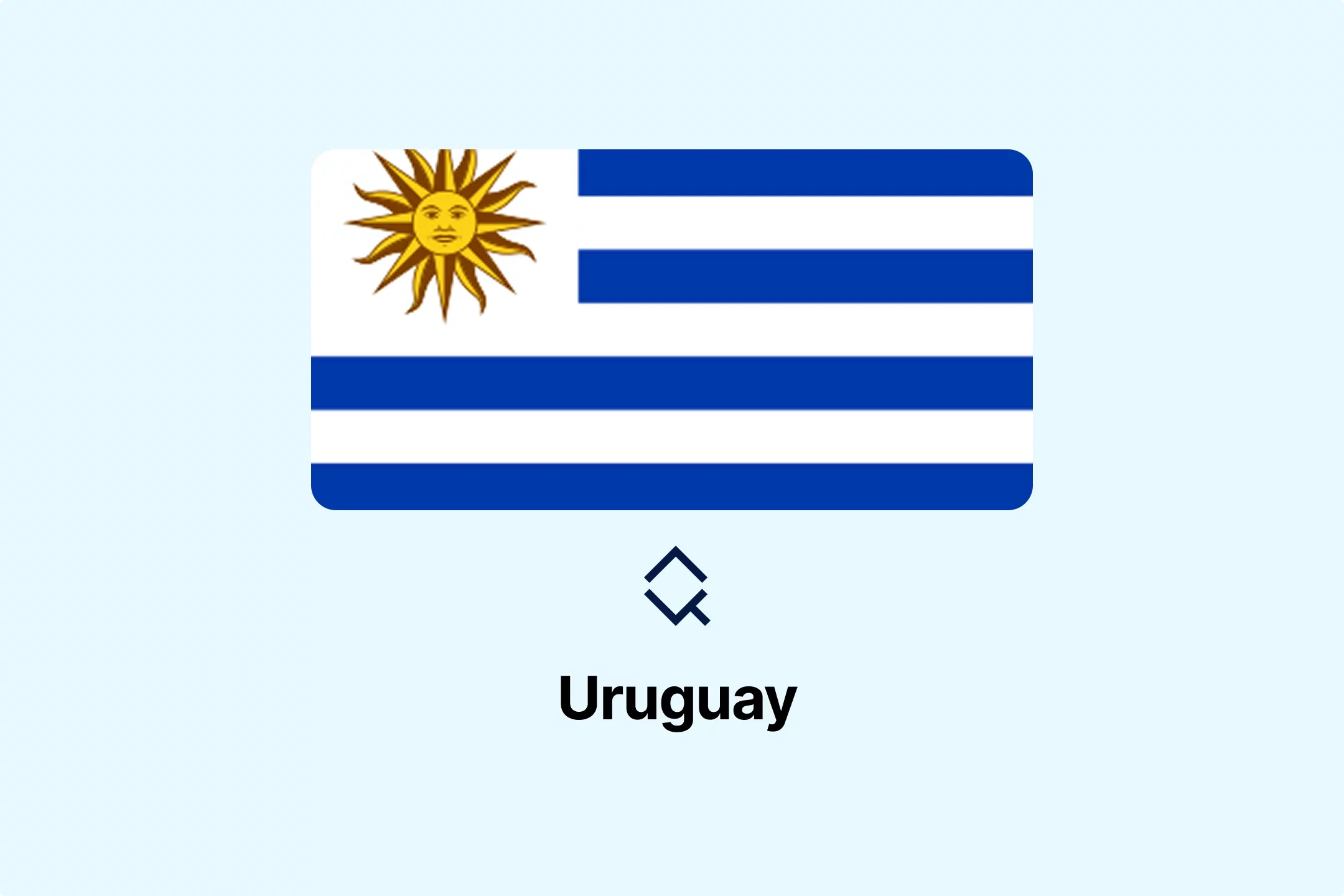El acuerdo comercial entre EE.UU. y Japón refuerza los lazos transpacíficos

En la semana previa a la firma del acuerdo comercial entre la UE y EE.UU., Japón y EE.UU. concluyeron uno de los acuerdos comerciales más importantes de la historia de ambos países. Al igual que el acuerdo entre EE.UU. y la UE, el acuerdo comercial entre EE.UU. y Japón se alcanzó tras varios meses de negociaciones, después de los aranceles iniciales impuestos por EE.UU. a los productos importados de la cuarta economía mundial.
Ámbito de aplicación y principales disposiciones del acuerdo
El acuerdo comercial entre EE.UU. y Japón abarca algunos de los sectores más críticos, como la agricultura y la alimentación, la energía, la industria manufacturera, la industria aeroespacial, la automoción y los bienes industriales. Por ejemplo, Japón aumentará las importaciones de arroz estadounidense en un 75%, con una importante ampliación de las cuotas de importación, y comprará productos estadounidenses, como maíz, soja, fertilizantes, bioetanol y combustible de aviación sostenible, por un importe de 8.000 millones de dólares.
Una de las industrias más afectadas por este acuerdo es la del automóvil. Los importadores estadounidenses de automóviles japoneses, como Toyota, Honda o Nissan, ya no tendrán que pagar un impuesto de importación del 27,5%, lo que tendrá un impacto significativo en los fabricantes de automóviles japoneses. Por otra parte, por primera vez, Japón reconocerá y aprobará las normas automovilísticas estadounidenses, lo que permitirá que los vehículos fabricados en Estados Unidos se vendan más fácilmente sin necesidad de costosas modificaciones para cumplir la normativa japonesa.
En general, los productos japoneses importados a EE.UU. están sujetos a un arancel básico del 15%. Como parte del acuerdo, Japón se ha comprometido a invertir 550.000 millones de dólares en la economía estadounidense, lo que permitirá a las empresas japonesas establecer cadenas de suministro resistentes en sectores clave como el farmacéutico y el de los semiconductores. En consecuencia, EE.UU. retendrá el 90% de los beneficios de esta inversión, que se espera tenga un impacto positivo significativo en su economía y en su reactivación industrial.
Conclusión
El acuerdo comercial entre EE.UU. y Japón es el segundo más importante después del acuerdo comercial entre la UE y EE.UU., y representa un punto de inflexión en las relaciones económicas bilaterales. No sólo aborda antiguos desequilibrios comerciales, sino que también reconfigura el futuro del comercio transpacífico. El compromiso de Japón de impulsar significativamente las importaciones de productos agrícolas estadounidenses y de invertir en sectores estratégicos de la economía de EE.UU. subraya la intención mutua de construir cadenas de suministro resistentes y diversificadas.
Fuente: Casa Blanca, VATabout

Información destacada

Cambios en el IVA y el impuesto digital de Zimbabue en 2026
🕝 January 19, 2026
La respuesta fiscal africana a Fintech y Web3
🕝 January 5, 2026
Mandato de facturación electrónica de Angola: la implantación gradual continúa hasta 2026
🕝 December 10, 2025
Deducción del IVA y sucesión empresarial: ¿Cuándo sirven los costes de asesoramiento a los intereses de la empresa?
🕝 December 8, 2025Más noticias de América
Reciba actualizaciones y novedades en tiempo real de todo el mundo, para mantenerse informado y preparado.
-e9lcpxl5nq.webp)






-qoqtiao7l2.webp)


-pdupgqz2r8.webp)






-o0xyg5unvs.webp)







-sebuexzucq.webp)







-sug7vykj81.webp)








-gsvc6ack9u.webp)







-xsarn0aogt.webp)

-hcel6azmgf.webp)



-p6e3ovhdh3.webp)


-fbovkq9h8b.webp)
-pofe7ucwz3.webp)


-d3qhimei1d.webp)





-nilkffjhah.webp)













-xbhr0m4jsb.webp)


-ae6fi6cjox.webp)
















-b0fpsws1w1.webp)






















-x78wuofpzj.webp)



















-b44f1vjl1i.webp)




-priw8nq5xc.webp)
-8bkw2pujxu.webp)


.png)

.png)




.png)















































